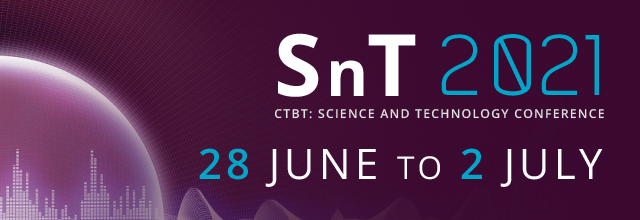Speaker
Description
Risk is systemic, interconnected and cascading. The COVID-19 pandemic has just sent a stark reminder to the world that the days of one hazard, one impact are over. A NATECH event like a tsunami leading to a nuclear disaster is just another manifestation of the cascading nature of risk. Climate change is further driving risk across borders, with impacts on all sectors and with long-lasting, debilitating socio-economic and environmental consequences. The people hit hardest are those who have done the least to cause these significant changes.
It is this complex nature of risk that underpins the Sendai Framework for Disaster Rick Reduction 2015-2030 that marks a paradigmatic shift towards a prevention lens for disaster risk management. UNDRR supports UN Member States in strengthening their risk knowledge, monitoring and capacity-development to accelerate risk-informed development pathways and humanitarian action.
As Member States move forward with the 2030 Agenda, they need to identify and analyse the broad range of risks they face and put in place appropriate measures to address the systemic nature of risk. ‘Business as usual’ approach will keep us off-track the development trajectory and we need a transformative change to enhance the resilience of the planet and its people.

